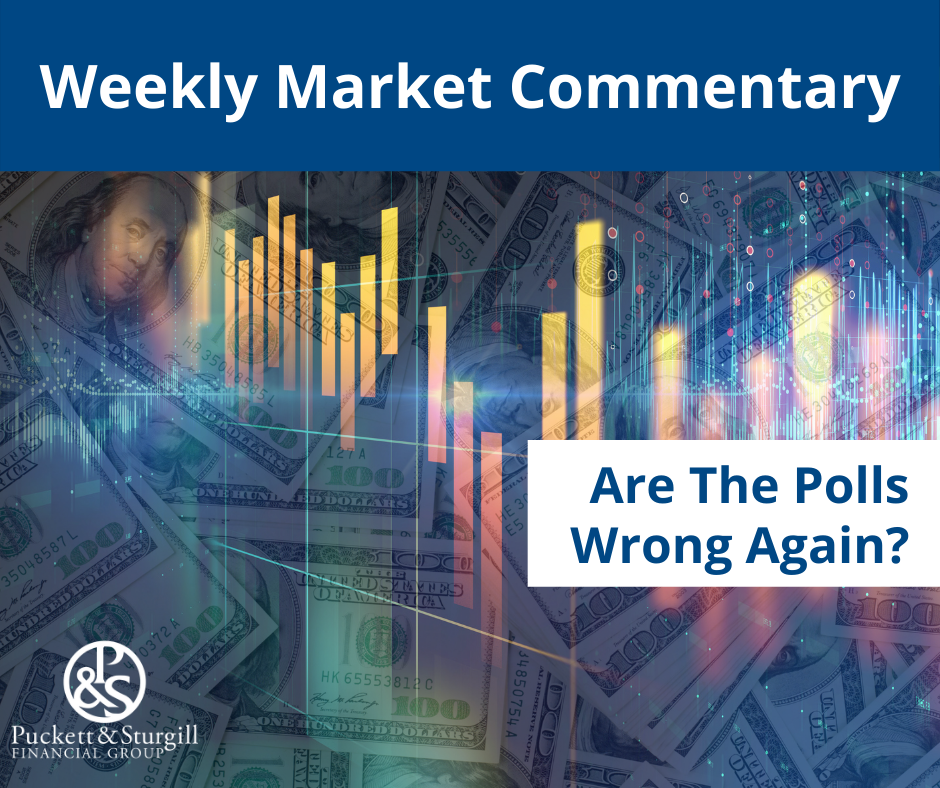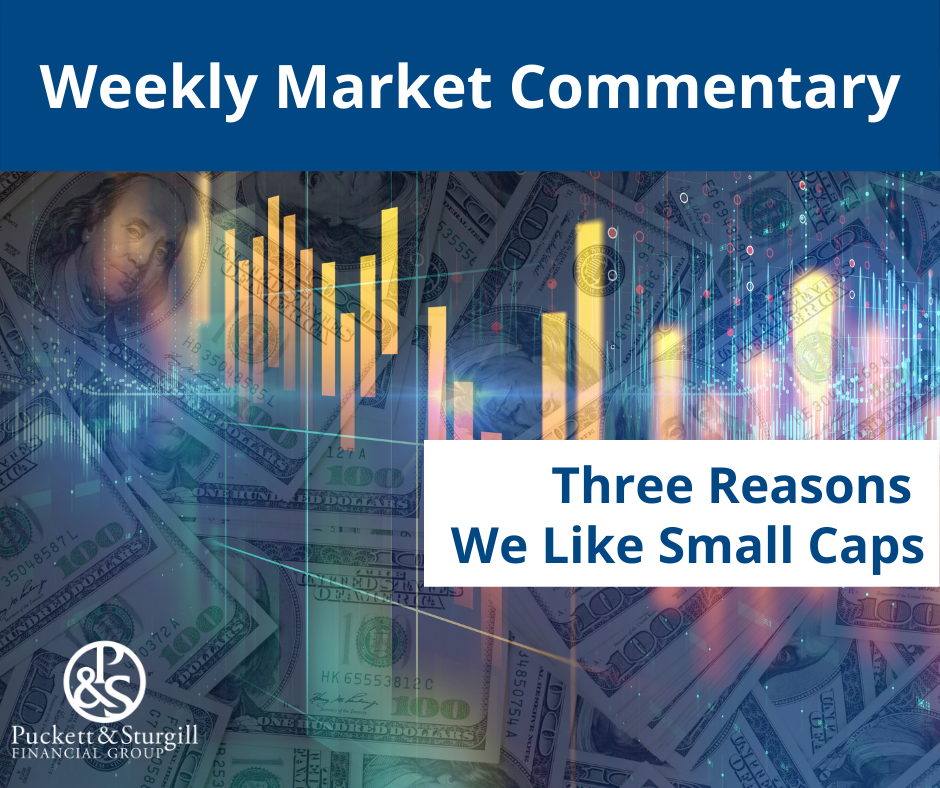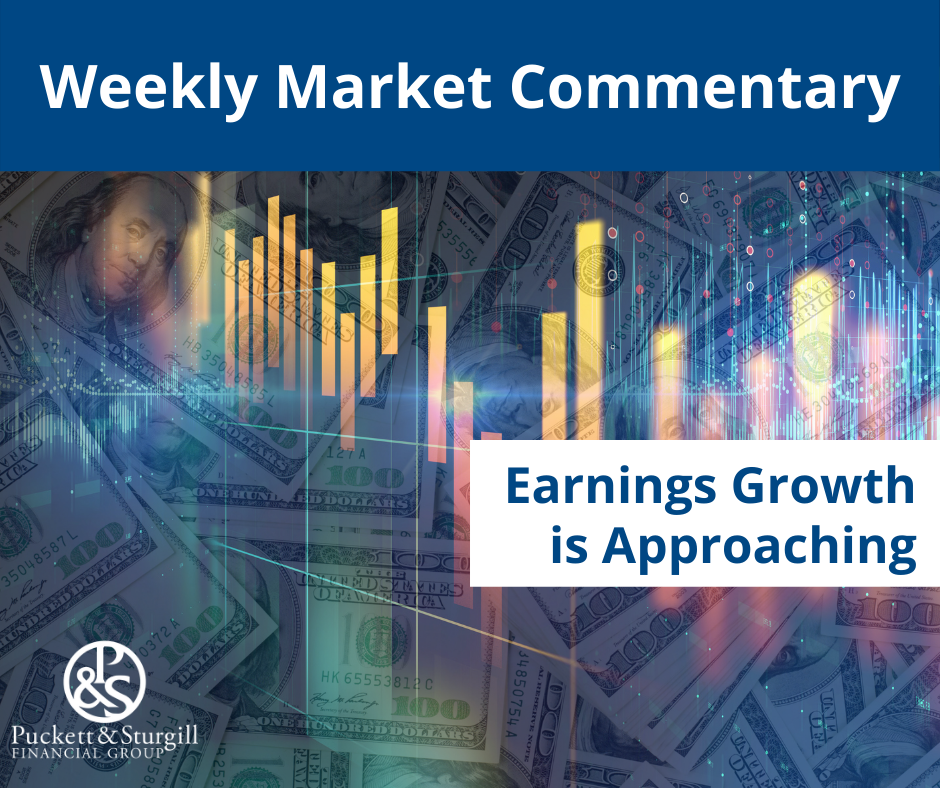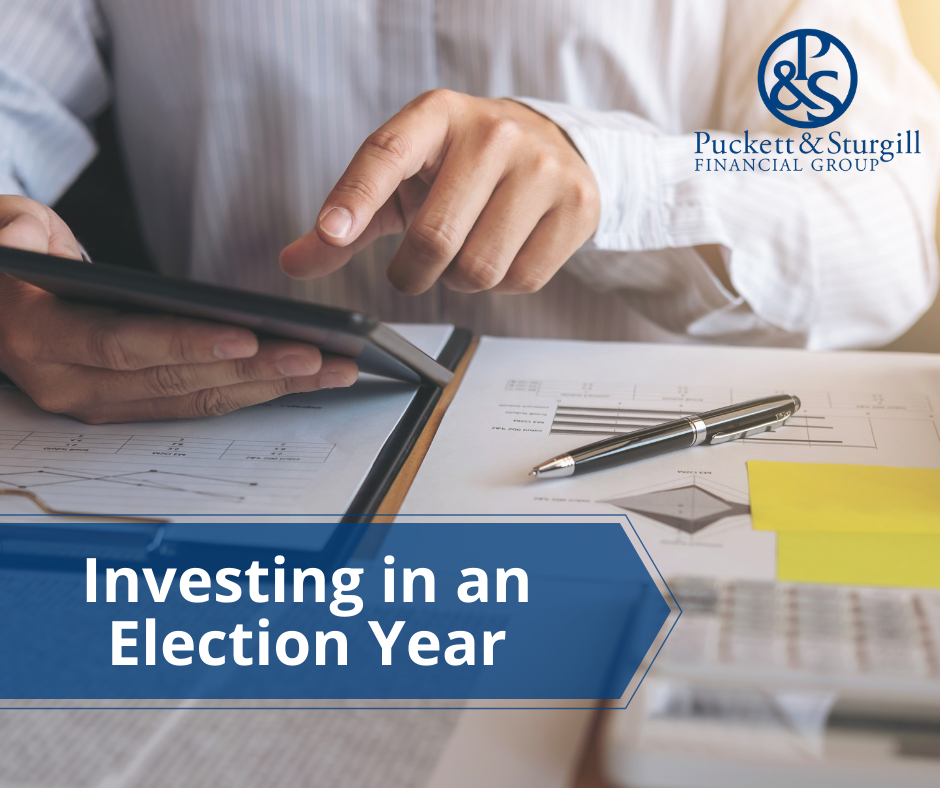
12 Estate Planning Must-Dos
Many of you already have estate documents, probably executed many years ago. You need an estate attorney to look over your documents every 10 years or so. Here are a dozen points to review. Do you have a will and powers of attorney for health care and property? These are part of every complete estate plan. With health-care power, you choose an agent to act on your behalf if you become unable to make your own decisions. With durable power for property, you select an agent to act if you are incapacitated and can’t sign a tax return, make investment decisions, make gifts or handle other financial matters. Make sure your health-care power addresses the Health Insurance Portability and Accountability Act. This governs what medical information doctors can release to someone other than the patient. Do you need to change any beneficiaries, executors, trustees, guardians or others named in your documents? Are all still living? Can someone you recently found fill a role better? Any updates needed to addendums to your will that specify who gets what of your personal property? Often I read wills that mention addendums for personal property and the addendums don’t even exist. Did you move to a different state since the execution of your estate documents? If so, seek out a local estate attorney to check any legal differences for planning between your old and new states. Do you still need your trust documents or can you decant, which allows you to change some provisions? Consider this technique of emptying the contents of an irrevocable trust into another newly created trust if you are unhappy with your irrevocable trust. Not all states allow decanting. You












